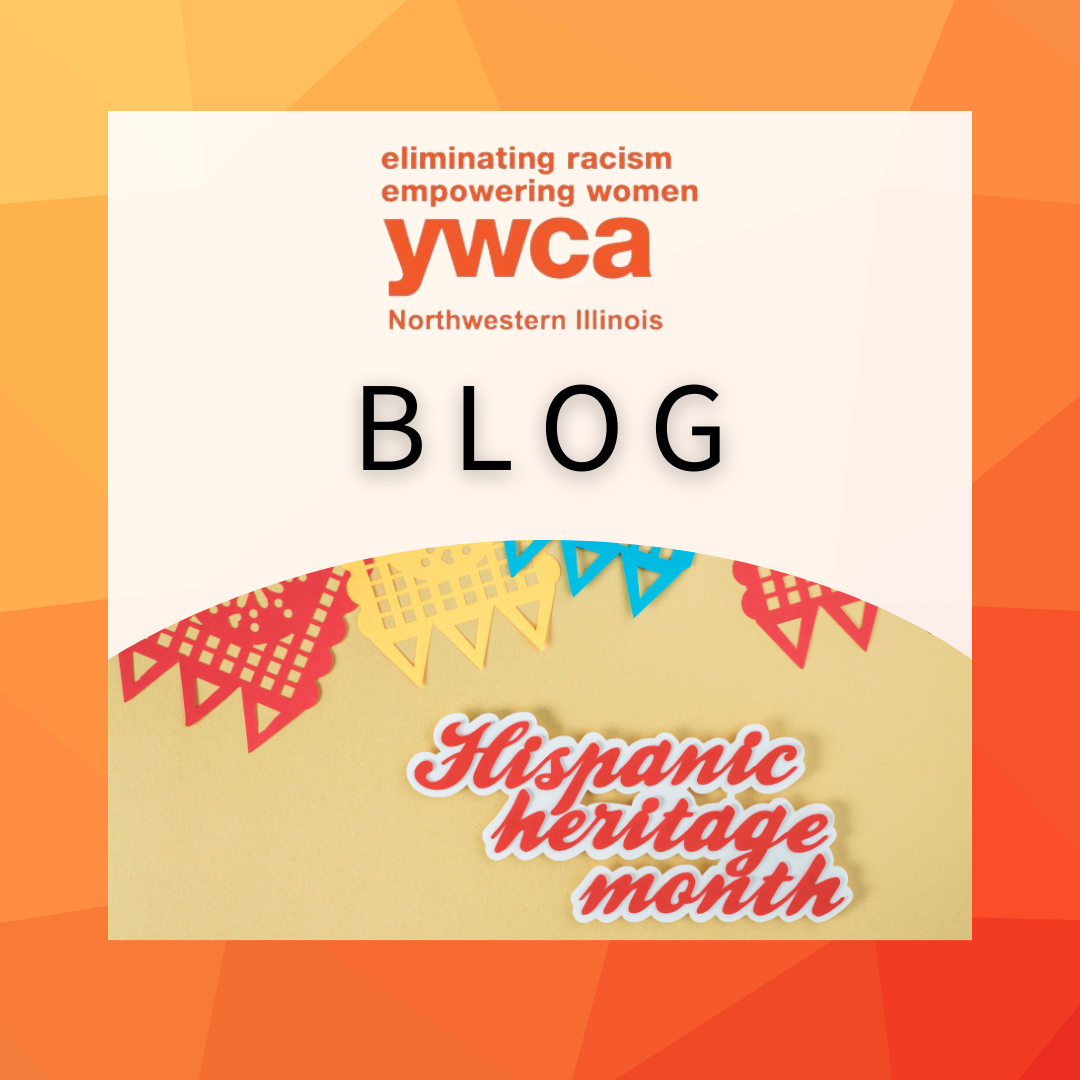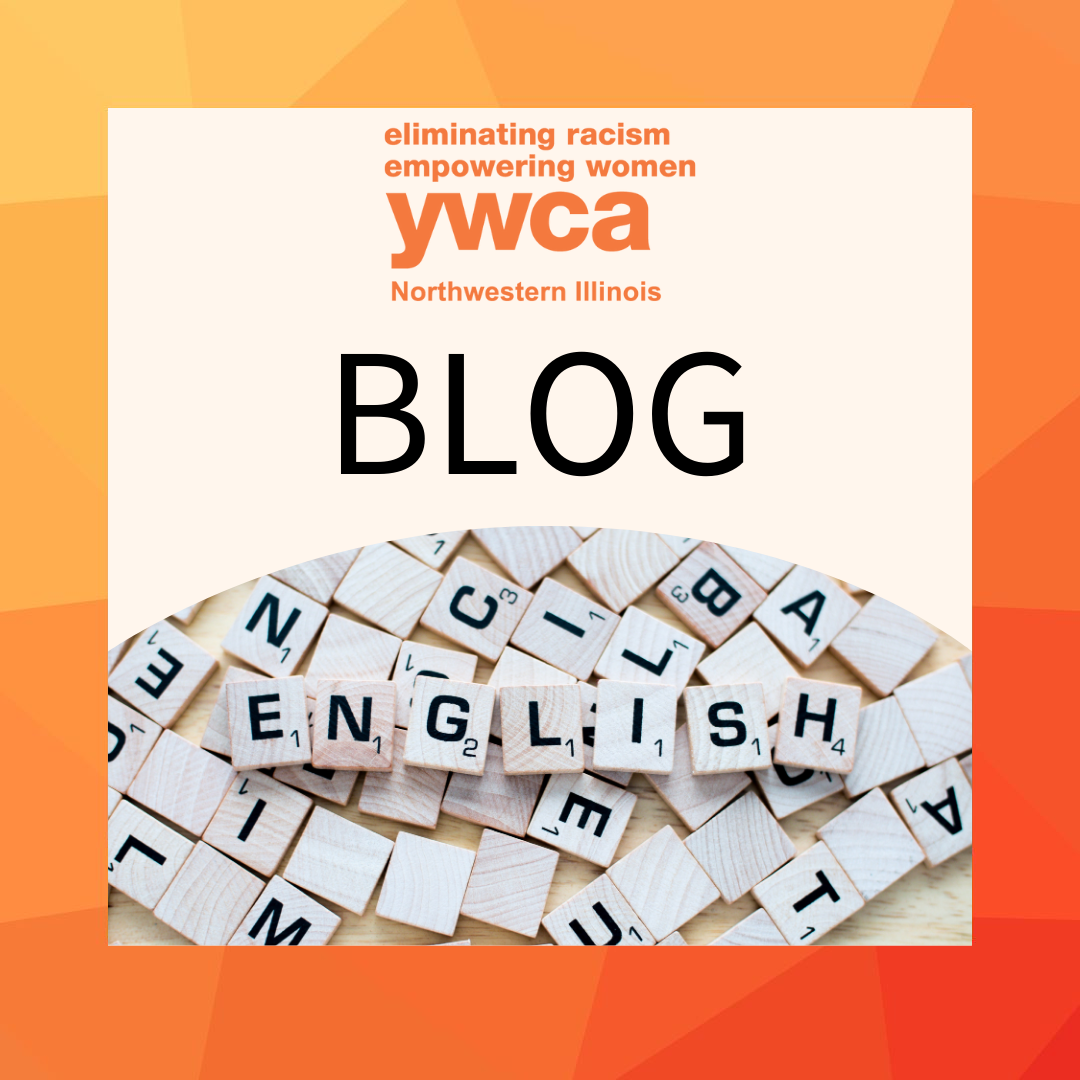National Hispanic Heritage Month highlights the histories, cultures and contributions of American citizens whose ancestors came from Spain, Mexico, the Caribbean, and Central and South America. It is celebrated each year from September 15 to October 15.
According to the US Census website, the observation started in 1968 as Hispanic Heritage Week under President Lyndon Johnson and was expanded by President Ronald Reagan in 1988 to cover a 30-day period starting on September 15 and ending on October 15. It was enacted into law on August 17, 1988.
Hispanics are a vital part of the American population. The Hispanic population in the United States accounts for 19% or 1 in 5 Americans, according to the 2020 Census. Hispanic presence can be found just about anywhere in the US these days, whether it physically or through their culture or history. This is why it is beneficial to take some time to learn a little more about the reasons why Hispanic Heritage Month is celebrated.
As we may choose to join the celebrations, I often find it equally important to highlight some of the challenges this group of individuals has encountered when integrating themselves into American society. One of the main challenges for first generation Hispanics is language, followed by the desire to keep their culture and identity alive, while learning and adopting a new one.
Hispanic individuals often struggle with that duality of being bilingual and bicultural and all that it entails and often carry the load of feeling responsible not just for fulfilling their dreams, but sometimes those of their parents as well.
Some of the work we do through our Immigrant Services Programs focuses on some of these challenges. We try to offer culturally sensitive services that assist individuals assimilate these transitions and start to learn and adapt to a new life.
We try to carry out the goals of each program but have also tried to shape some of our services to meet the changing demographics of our region. For instance, Mexico had always been the country of origin for the vast majority of the Hispanic clients we serve. Therefore, we were very familiar with their background, challenges and the services they generally requested.
We have worked with the Mexican Consulate and started hosting an annual visit in our main facility last year to provide those services to the Rockford region and surrounding areas. However, in the past three years, we have noticed an increase in new arrivals coming from countries like Venezuela, Colombia, Nicaragua, Honduras, Guatemala and El Salvador.
The number of these newcomers combined has most likely surpassed that of those moving to the area coming specifically from Mexico. As we noticed these changes, we have had to adapt and become more familiar with the specific journeys, background and needs of these individuals.
We hosted the consulate from El Salvador at our agency last year and we are hoping to be able to bring the Colombian and Honduran consulates as well. We continue to learn from our clients every day and that helps us customize our services and the ways we work with them.
As we move forward, we learn that it is equally important to highlight the cultures of all these countries, because we know we have individuals from these places living in our community. We aim to help them get integrated and eventually become self-sufficient members of the community. We know that the majority of these individuals are eager to work and become independent and we also know that with the proper services and assistance, these individuals will soon be contributing to our community.
Engaging in conversations is a great way to learn more about culture, history and individual journeys of those whose cultures are being celebrated during Hispanic Heritage Month. Whether you’re celebrating your family’s heritage or hoping to learn more about people from other cultures, stories are a great way to explore what connects us and what makes each culture unique.
As an agency that works very closely with Hispanics and immigrants in general, we would love to invite you to join Hispanic Heritage Month celebrations, whichever way seems more appropriate to you, and we offer a few suggestions:
- Follow us on social media as we will be sharing content relevant to this celebration: https://www.facebook.com/LaVozLatinaRkfd
- Learn more about the history of this celebration and Hispanic cultures in general visiting Hispanic Heritage Month’s official website: https://www.hispanicheritagemonth.gov/
- Support local organizations that work with Hispanic and Latinx communities
- Support Hispanic-owned business in the community
- Watch a film or short educational videos related to Hispanic history or culture
– Diego Valdivia, Immigrant Services Supervisor




